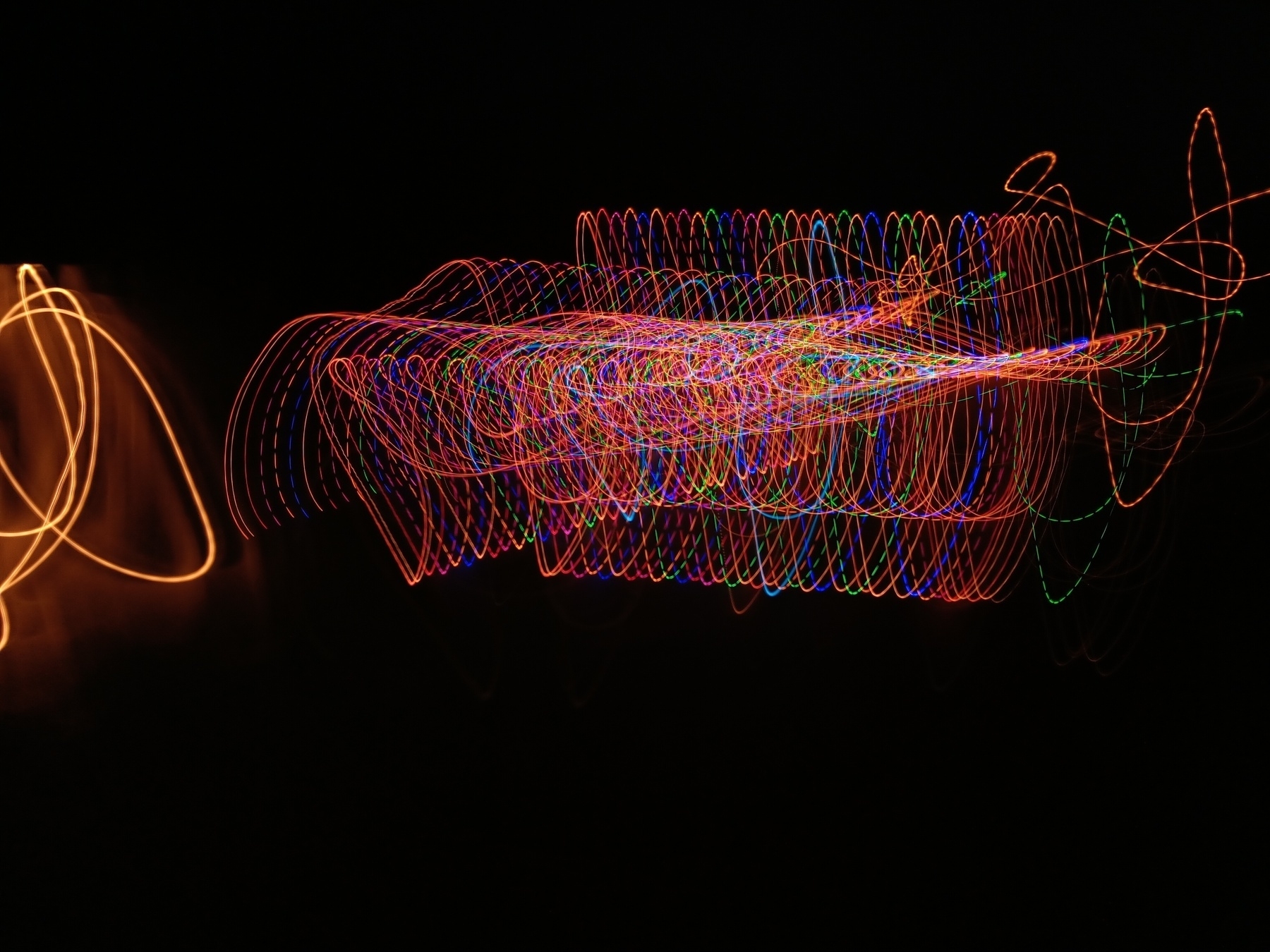
(from the CD booklet for Shut Up I Am Dreaming by Sunset Rubdown)

(from the CD booklet for Shut Up I Am Dreaming by Sunset Rubdown)

(Untitled, known as Christ’s entry into Jerusalem by Pietro Lorenzetti)






Currently Listening: Room On Fire by The Strokes


The Goldfinch (1654) by Carel Fabritius:


Tyler Been, who went through clinical pastoral education (CPE) training as part of his process for ordination in the Episcopal Church, reflecting on the implications for pastoral care when those receiving pastoral training no longer believe the basic tenets of the faith:
It [CPE training] was the first time I experienced and observed what it means to be post-Christian in the realm of pastoral care. Twice a week for three months, I met with these seminarians and heard them talk about their pastoral visits and heard them critique and engage my accounts of pastoral visits. What I observed through all of this is that pastoral care offered from the perspective of post-Christianity is essentially religious nihilism.
I’ll be filing this one under the “secular church” category. Alas, it is an ever-expanding genre. In a post-Christian society, there can still be plenty of “religious” providers and “churchly” activities. But the work performed—to say nothing of the beliefs held—bears little resemblance to the work done by pastors in previous eras.
(HT: RICOE)
